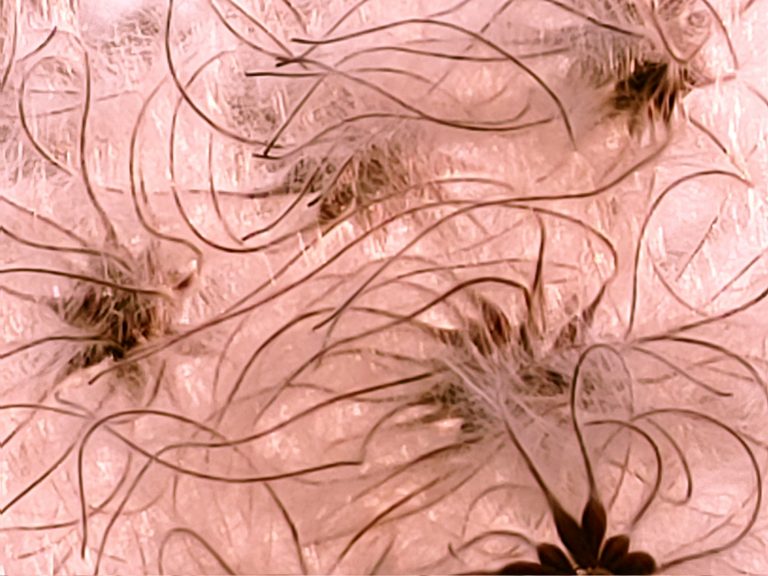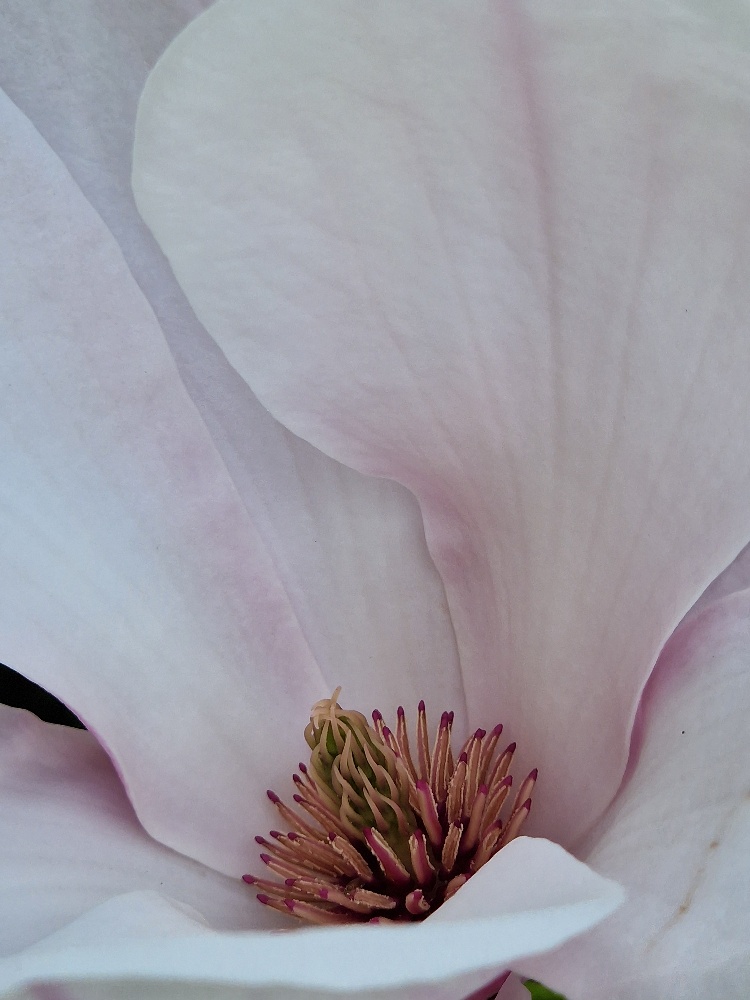In the same way that rain breaks into a house with a bad roof, desire breaks into the mind that has not been practicing meditation.
Buddha
Meditation is not to escape from society, but to come back to ourselves and see what is going on. Once there is seeing, there must be acting. With mindfulness we know what to do and what not to do to help.
Thich Nhat Hanh
Sought through prayer and meditation to improve our conscious contact with God, as we understood God, asking only for knowledge of God’s will for us, and the power to carry this out.
Twelve Steps of AA: Step 11
One of last year’s essays dealt with the concept of `the shortcoming of the wandering mind.´ In recovery circles, we usually associate the term `shortcoming´ with things like pride, greed, wrath, envy, lust, gluttony, sloth, and the like. While the term `shortcoming´ is less harsh than `character defect´, which was also often used among those who developed the Twelve Step programmes widely used to overcome many forms of addiction throughout the world today, I prefer the following description: `old patterns of thinking, believing, and acting that no longer serve my growth and purpose in life´.
Thankfully, life generally provides the impetus to catch up on missed maturation at some later point, in the form of some crisis or other, which can be interpreted as an invitation to change. Should we decline the invitation, it will often pop up again at a later juncture, or even repeatedly, until we do respond and work through the issues which demand our attention.
The prerequisite for any healing is the unconditional acceptance of what is, and empathy for the origins of the patterns in the first place. Our formative thinking patterns and beliefs evolved as survival strategies in early childhood. If, for example, a child is not getting sufficient love, care, and protection, she will ask herself the cause of her predicament. The obvious explanation, that the parent or parents were not doing a good job of parenting, is perhaps too frightful for the child. This would expose her to terrible facts, forebodings of perhaps even worse possibilities.
She may, instead, go down the apparently safer route of adjudging herself to be unworthy of being loved. In reaching this conclusion, she protects those on whom she relies absolutely at the expense of her own self-worth, of which she is not yet conscious. Here we see a saboteur, namely the Judge, at work in a manner which can be readily understood and appreciated. Furthermore, in order to make her situation more palatable, she may begin judging those around her as being unworthy of love too, in order to avoid the emotionally unbearable reality of being in a minority of one.
Later in life, if this belief persists, it is no longer serving to protect the now adult woman, but morphs into a severe handicap. It is like the life jacket donned at the age of five that kept us afloat, now turning out to be the cause of our asphyxiation and ultimate death. It is in the nature of the saboteur, however, to profess its usefulness and value, long after these have ceased to exist. In other words, part of my brain is telling me lies and providing me with rational arguments as to why these lies are in fact the truth.
I am in no doubt that my mind’s proclivity for getting hijacked and believing the lies of my many saboteurs has been the cause of much of the suffering I have generated throughout my life, for my self and others. The harm that has resulted from the suffering has had the greatest impact on those closest to me; harming those I hold most dear in life is one of the great ironies of the human condition.
The emergence of the saboteurs in my life began in early childhood, when my reputation of a `day dreamer´ was already well established even before school started. This was due to my love of being `away with the fairies´, imagining that the cloud shapes that scudded across the Irish sky were a prairie bison, a humpback whale or some such exotic creature, or immersing myself for hours in a single melody I’d heard on the radio or the music of the river flowing over the weir. I felt safe, even free, in my imaginings; liberated from the cacophony and tensions which surrounded me in our bustling home. These ethereal habits of mine garnered me the endearing nickname `Paddy Last´. This saboteur can be called the Avoider.
In hindsight, it is clear to me that, growing up as the fifth of ten children, I may have been overloaded with sensory stimuli. Add to this the sixth sense of intuition, and all the unspoken irritations, fears and tensions that infuse any large family home, amplified the load. My protection strategy was to switch to a form of self-medication in the pursuit of soothing. Initially, it worked.
Sometimes the emergence of inner stimuli took on a life of its own, as in the case of nightmares or anxiety attacks. My response to these was to increase the dosage of self-selected medication. At its most extreme, people who have a strong Avoider saboteur will stop opening their mail, allowing it to pile up until the creditors or even the bailiff arrives at the door. The operative lie here is: If I don’t see it, it can’t really exist.
Later, at the local Jesuit high school, I discovered even more landscapes through which my mind could wander, such as Logos and abstract mathematics. There was a pleasant pay-off here as it was adjudged that I had been endowed with faculties of calibre which could be applied to good effect. I soaked up the acknowledgement, attention, and affirmation this brought me.
My Hyper-achiever saboteur was now emerging, telling me that if my results and behaviour met certain standards, the love I so yearned would be mine. The trouble here is that the successes are fleeting, and the bar keeps getting raised ever higher. People whose Hyper-achiever saboteur goes unchecked often end up losing any sense of identity and burning themselves out.
In my teens I discovered less ethereal medication in the form of alcohol and weed. The term `out of my mind´ is really a misnomer; it was indeed a case of being very much in the mind – a chemically altered mind of a pleasant nature. You could say it was a `zero friction´ state of mind, with every thought-stream flowing smoothly, converging into a joyously braided whole.
The price to be paid for all this `mindedness´ was the loss of the present moment. My attention was everywhere other than in the present. The gravity of this became clear to me much later in life.
`Today is the Tomorrow, you worried about Yesterday – and all is well´. This was written on a plaque which hung over one of the favourite mantlepieces of my childhood. The little ditty intrigued me as a child and took on ever more meaning as life progressed through to adulthood. How pointless to worry! To be concerned chiefly with what had already transpired and to be in trepidation of the unknowable future, – that which was about to come around the next bend.
What about now? The `Now´ is the portal to true life, as spiritual teachers over the ages have been busy pointing out. It is no accident that the Now is called `the Present´ in English. It is the gift, a gift that can be experience and enjoyed provided the mind has been quietened to a certain degree. The wandering mind, away with the fairies, prevents me from accessing the present moment.
Ergo the correct use of the label `shortcoming´ of the wandering mind. This shortcoming can be overcome, provided the willingness is there; the willingness to die to the old life and to begin a process of neuro-reconfiguration which will enable us to tread a new path. By the time this subject presents itself however, often in mid life, the unconscious forces of resistance have already formed formidable obstacles. The saboteurs are not going to give way without a fight. Why go where we have never been before? Let sleeping dogs lie. What’s the point? I’m too busy for that kind of stuff. I have no time. This list could be increased, ad infinitum.
According to Lao Tzu, `A journey of a thousand miles begins with a single step´. If we don’t begin, progress cannot ensue. When I do begin, I find I need three qualities to keep me going: `discipline & practice, discipline & practice, and discipline & practice.´ (David Richo).
I am currently participating in the Positive Intelligence Program designed and delivered by Shirzad Chamine and his team based in San Francisco. According to Shirzad: `Your mind is your best friend. But it can also be your worst enemy´. The recognition and dissipation of the saboteur dynamics, and the cultivation of the potential of the so-called Sage energies, operating from a stance of love and acceptance, make up the core of the theory.
The practice, which is the centrepiece of the program, is made up of simple, repetitive embodiment practices throughout the day. These include guided meditations, breathwork and grounding techniques; the so-called PQ Reps. It is the practice that ultimately leads to the reconfiguration of the brain, and therefore the mind.
Over time, the synapses relating to the old, discontinued behaviours begin to wither and die and are replaced with shiny new, powerful neurological pathways – manifestations of our new ways of looking at, and being in, the world.
Thus, through discipline and practice, informed first perhaps by desperation, then enthusiasm, devotion, reverie, and ultimately love, our minds are transformed; no longer wandering the landscapes like restless nomads, but peaceful, calm, and clear; – enjoying the eternal vitality of the present moment. We finally move from ’nowhere‘ to ’now here‘, thus claiming our birth right. Right now, it’s a case of progress, not perfection. That will do!











Eine Antwort
Thank You